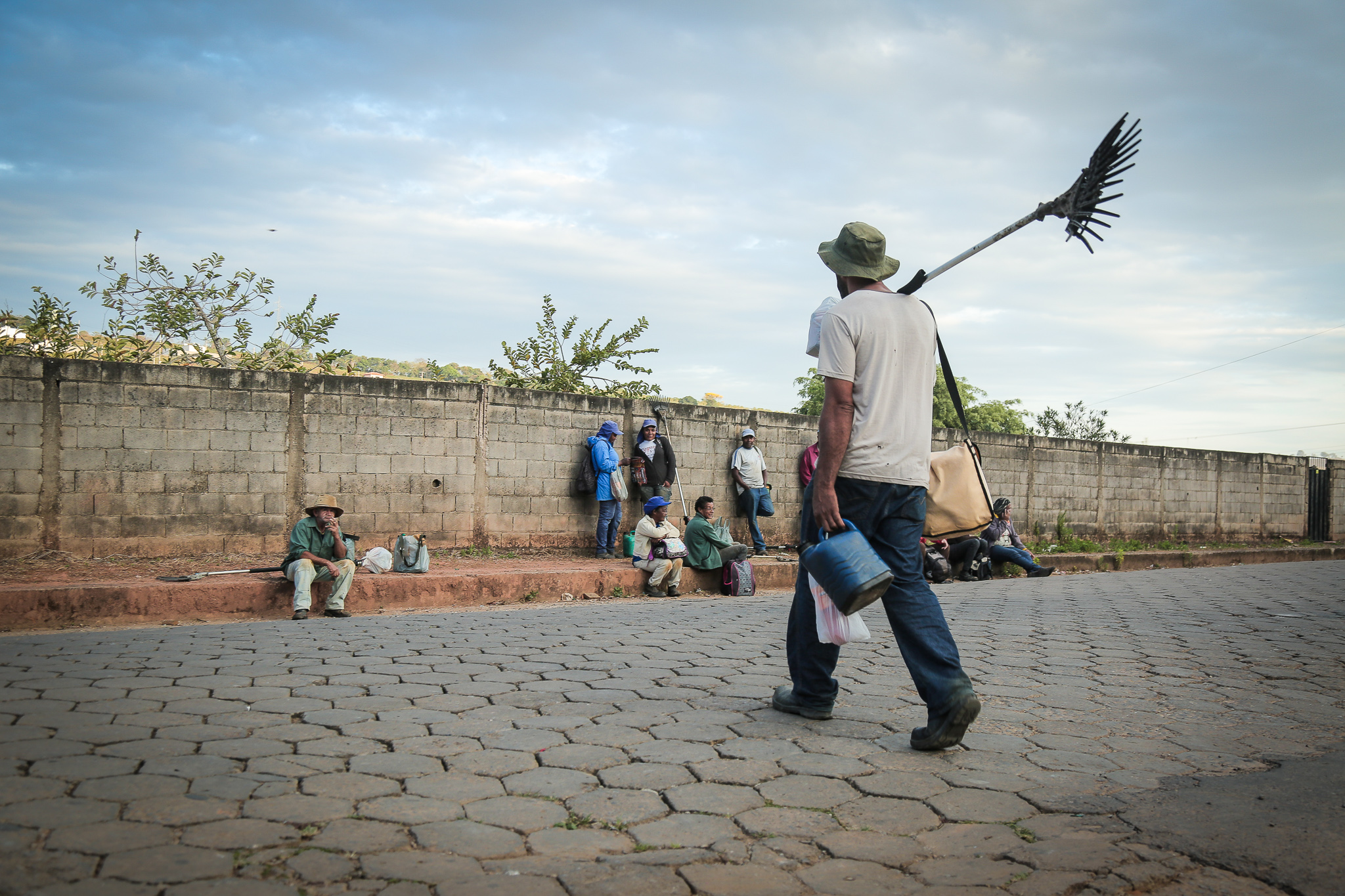Combating contemporary slavery and precarious work

Slavery was officially abolished in Brazil in 1888. However, slave labor is still a reality that persists in the country. From large urban centers to the remote countryside, thousands of people are subjected to forced labor, intense and exhausting work days, degrading conditions and restricted mobility due to debt contracted with their employers.
Despite the existence of legislation and mechanisms to combat this practice, the country does not yet have policies to hold companies accountable for this crime that, in most cases, occurs at the end of a long production chain.
In the case of the coffee industry, for example, while renowned multinationals distribute their product through international trade, on farms in Minas Gerais, where nearly 60% of all Brazilian beans are planted and harvested, men and women are recruited, often from neighboring states, to work in conditions so bad that they resemble slavery: they do not have canteens or bathrooms; they are not given safety equipment to protect against pesticides; their work days last more than 14 hours without breaks; and, despite being underpaid, they are also exploited when it’s time to get paid.
Although instruments exist to combat slavery, it is necessary to create policies to hold companies accountable for labor and human rights violations in their production chains. At the same time, it is essential to resist attempts to undermine important regulations, such as the slave labor “Dirty List”, and exert pressure for public funding to expand oversight.
In partnership with a network of organizations, unions and other groups, such as Repórter Brasil, ADERE (Rural Workers Alliance-Minas Gerais), InPacto, Oxfam, SOMO, OECD Watch and the Business and Human Rights Resource Centre, Conectas engages in political advocacy, legal action and international pressure to create new regulations to make all production processes, in all sectors, more transparent, thereby preventing and eliminating the risk of seeing new cases of contemporary slavery.




